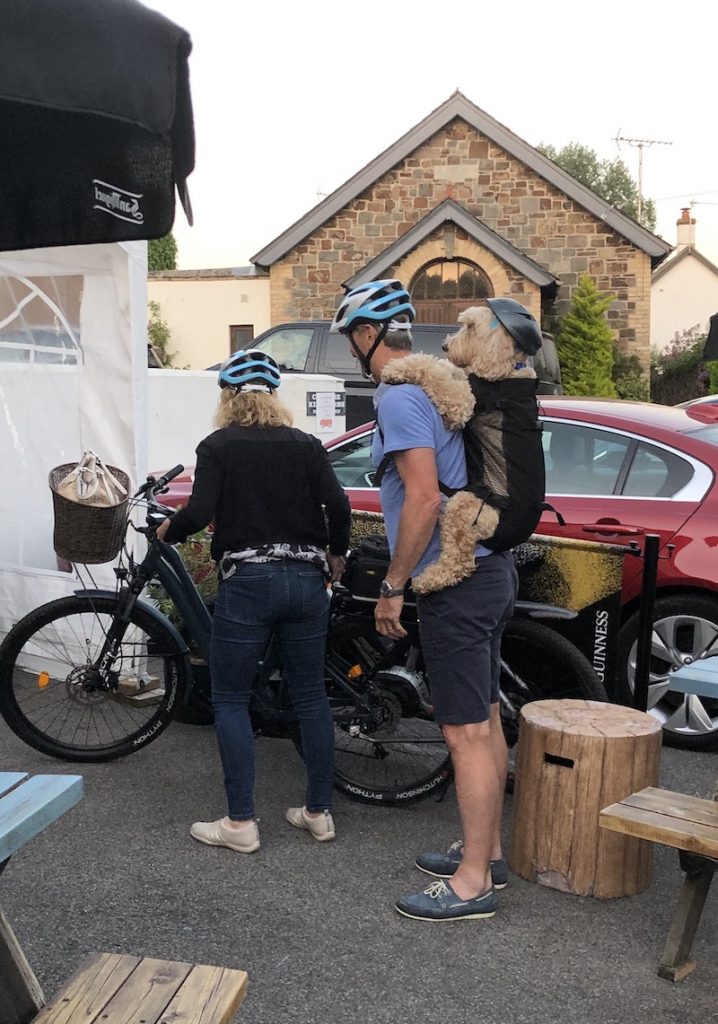Our pub
We’re proud of the Kings Arms, read more about it on this page
This is a 17th-century coaching inn whose name reflects the town’s political loyalties after the Civil War – the Battle of Stamford Hill took place near here on 16th May 1643. Parliamentary troops met royalist supporters at Stamford Hill in what is also known as the Battle of Stratton. The Parliamentary army, under the Earl of Stamford, was camped at Stratton, trying to prevent the royalist army under Sir Ralph Hopton from marching north. Royalist troops numbered about half the size of the Parliamentary army. They marched from Bude, beginning from the area near the present golf course. Among their numbers was Sir Bevil Grenville, whose family had owned Stratton manor since 1576. Grenville and his men met Hopton’s soldiers in a fierce battle that lasted all day and was only resolved when the Royalists charged up Stamford Hill scattering their enemies. Some 300 Parliamentarians were killed and 1700 taken prisoners. The dead from both sides were buried in unmarked graves in St Andrew’s churchyard.

The pub has many original aspects including two simply-furnished bars with many original features, such well-worn Delabole slate flagstone and wooden floors. During the renovation of the large open fireplace in the lounge, a small bread oven was exposed. Many of our regulars love our large fireplace, ideal for cosy chats or at busy times you can catch up on all the local news. Originally there would have been an open fire, but now we’ve got the next best thing in the form of our lovely mixed-fuel burner. Don’t go too close if you’re damp from our Cornish ‘wet sunshine’, else you’ll steam the whole place up!
Take a look around the rest of our pub, we’ve got plenty of pictures showing the pub in olden times.

Stratton has a history going back to the time of King Alfred, and the town was mentioned in his will around AD 880. That sense of history gave rise to a local saying:
‘Stratton was a market town when neighbouring Bude was just a furzy down’.
In other words, Stratton was an established town when neighbouring Bude was nothing more than empty down-land. Things have changed since then, and Bude is now much the larger town but Stratton retains a real sense of its history. Curiously, Stratton is a part of Bude for administrative purposes. The town grew on the banks of the River Neth (Neet), now known as the River Strat. The town name comes from Stratneat, from the old Cornish words for a flat valley formed by the Neth. An alternative explanation is that the name comes from the Old English ‘strat’ and ‘tun’ meaning a town on an old Roman road.

Now in the 21st century the pub has a new, bright future. We still get plenty of strange things happening, and are building a modern history.
Here is one of our recent guests!

Opening Hours
Mon – Sun
12:00pm – 10:30pm
Tue
12:00pm – 11:30pm
Food Service
Tue - Fri
6:00pm - 8:00pm
Sat
6:00pm - 8:30pm
Sun
12:00pm - 3:00pm